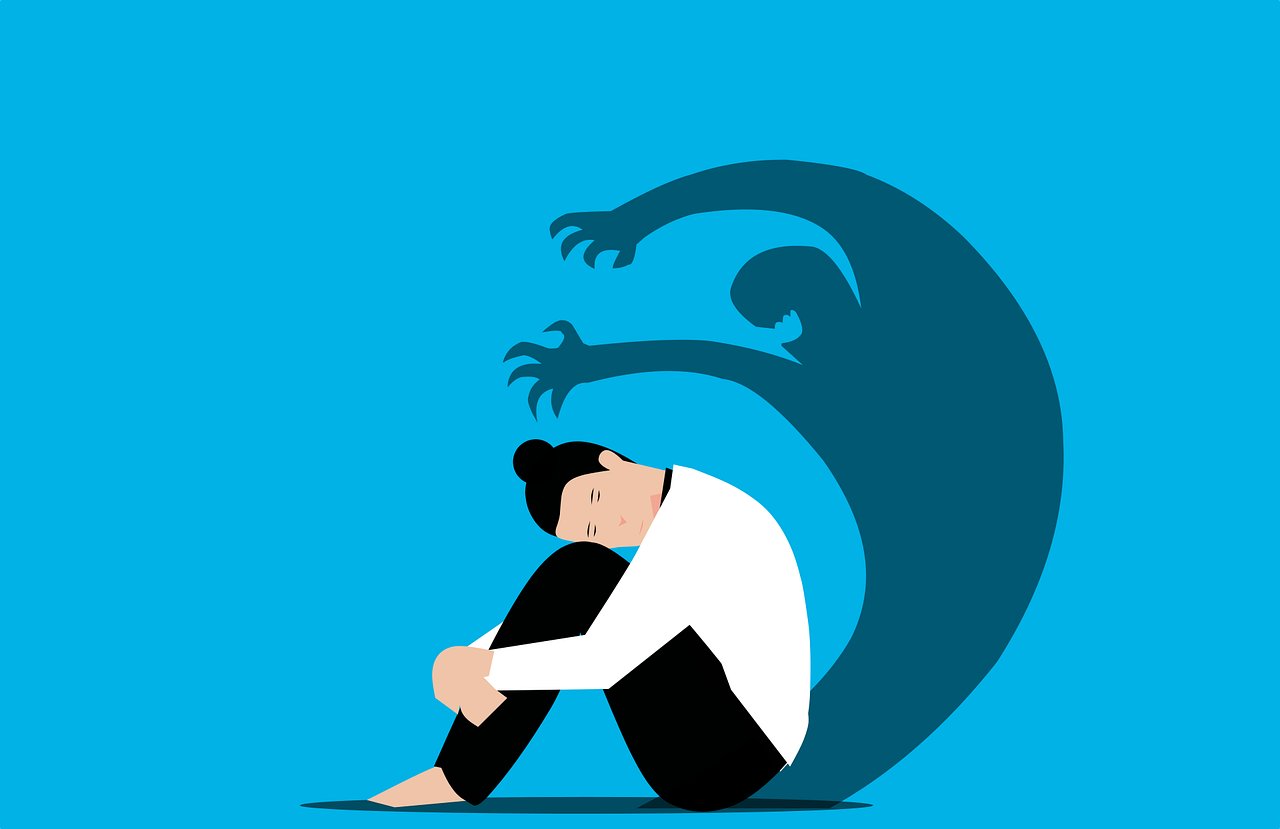Blog

Are You Feeling a Little Bit Depressed?
Are you usually a carefree and happy go, lucky person? Do you typically look to the glass being half full? Are you now with all this uncertainty feeling a bit depressed, nervous, or isolated? I want to assure you that you are not alone

Insomnia: The Struggle Within
Tired, like all of the time, because you just can’t sleep. Anxious, stressed, and unsure where to turn? If you struggle with insomnia, you’re not alone. Insomnia is one of the most common disorders in individuals. With all of today’s stress, at least 25 % of adults and children struggle with getting a good night’s sleep. We’ve got some handy tips & tricks for getting better shut eye.

Teens are More Prone to Anxiety
Teens are affected with higher rates of anxiety, with nearly 1 in 3 teens meeting the criteria for an Anxiety Disorder.

For The Love of Fido: Pets and Your Mental Health
The benefits of owning a dog (or any pet) are well documented. Reduction in high blood pressure, increased immunity, manageable cholesterol levels, and a lowered risk of heart disease are just a few of the physical health benefits that Fido and Fluffy bring to your life.

What Does Thanksgiving Look Like?
What does it look like to be thankful, have traditions, and gather with others in a Covid-19 world?

Managing Anxiety During the Holiday
Do you find that anxiety or even seasonal depression starts to rear its ugly head sometime in late October to mid-November? If you do, you are not alone! Between late November and the New Year, we enter the business of holiday season, causing many to manage anxiety, stress, and depression. Let's learn how to manage it well.

Tips on Dealing with Separation Anxiety
Do not, I repeat, Do NOT sneak away when your child is not looking. This may seem like the easier way to leave your household, but it reinforces to your child that if they are not alert scary things will happen. They need to mentally prepare for being alone, not feel panicked when they realize they are alone.



Nature Therapy
Walking outdoors inspires feelings of awe which gives us a secondary brain boost. We need Nature Therapy to reduce mental overload caused by our busy lives.

6 Tips For a GREAT School Year.
School is just around the corner. It doesn't have to be a hard transition. Here are 6 GREAT tips to help with the transition.

Do You Have High Functioning Anxiety?
You often set you feeling aside or compartmentalize your feelings and you do not where your heart on your sleeve. You are an in-charge type person and often you friends call your “stoic.” Inside however, that is simply not true, your feelings do get hurt but you push them away because you say to yourself “oh I’m just being a drama queen.”
